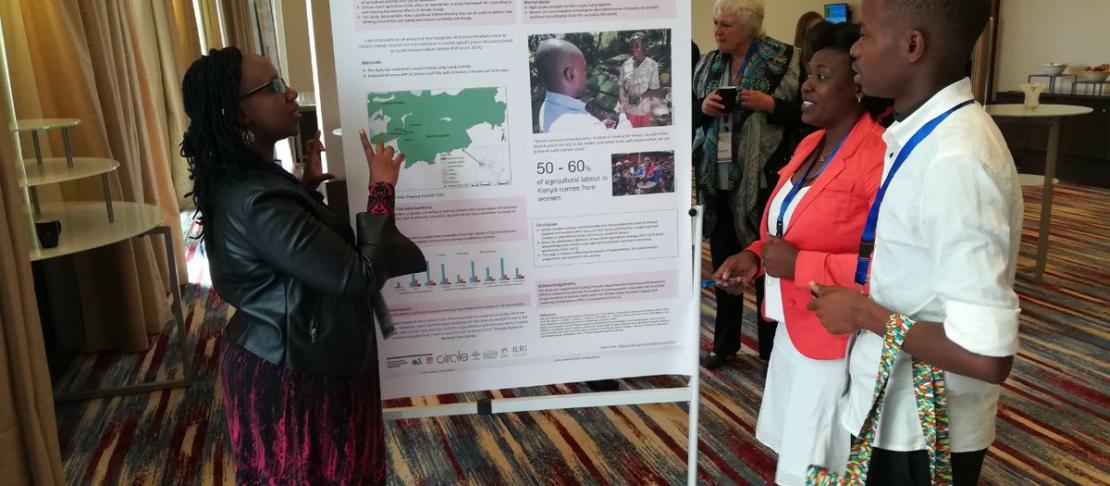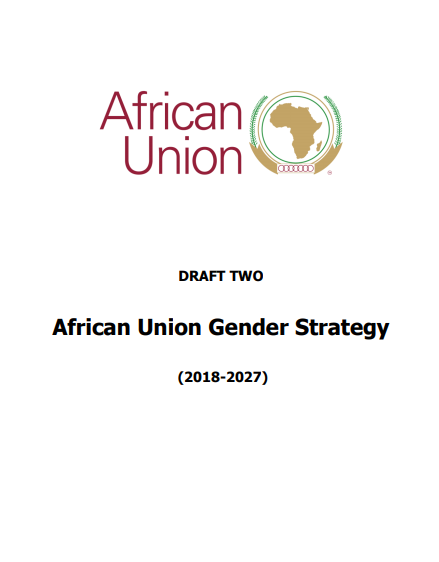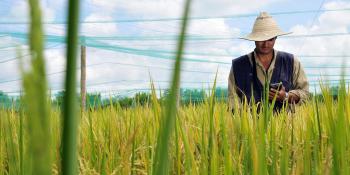Gender-responsive climate change science: Why it matters

“A great deal of scientific evidence now exists to show that science is not gender neutral. In fact, we need a new paradigm, a gender sensitive science.” – Elizabeth Pollitzer, Coordinator of Global Gender Summits
Climate change impacts everyone, but not equally. The poor and women, especially those living in developing countries and those who derive their livelihoods from agriculture and natural resources, are more at risk from severe weather events and changing weather patterns as they have less ability to adapt. Scientists provide data to stakeholders, including governments, development agencies, and donors, to help them understand climate change, its impact on humanity, and develop actions to help communities manage extreme weather events. However, if scientific data is not gendered, adaptation actions will not benefit everyone and will potentially marginalize the most vulnerable segments of society.
Given this background, participants at the Gender Summit-Africa, held in Kigali, Rwanda from 19-20 March 2018, gathered to discuss the following questions:
- Does current climate change research require new approaches?
- Does it need to be gendered?
In her opening remarks, Elizabeth Pollitzer, Coordinator of Global Gender Summits, noted that a gender lens must be applied to science, especially in climate change research. Drawing upon the expertise of a diverse group of participants, the theme of the summit, “Climate Change Through the Gender Lens: Focus on Africa,” aimed to promote greater diversity of thought and workforce in climate change science. The summit also hoped to advance the inclusion of sex and gender considerations in the content and processes of research, innovation, and socio-economic development measures. Participants, including those from the donor community and private sector, engaged in dialogue on how to leverage financial and technical resources to address gender considerations.
Gender mainstreaming for strategic transformation in Africa
In sub-Saharan Africa, women spend about 40 billion hours a year collecting water. In Tanzania alone, increasing access to water would free up women’s working hours and, if converted into paid employment, would be equivalent to one million new full-time jobs for women. Investments in improved agricultural technologies can also improve efficiency of household tasks and save women’s time.”
Jemimah Njuki, Senior Program Officer, International Development Research Centre (IDRC)
Read more about the African Union Gender Stategy here.
African governments have committed to climate change action by ratifying the Paris Agreement. At the national level, some countries have developed strategies for mainstreaming gender into climate change actions. Mozambique and Egypt have developed their climate change and gender action plan with the objective of ensuring national climate change efforts mainstream gender into policies, programs, and strategies in various economic sectors so that both men and women have equal access to, and can benefit from, climate change responses. This reflects the importance of gender mainstreaming into climate actions for African counties. By recognizing that climate change affects women and men differently, participants concurred that a gender perspective — firmly rooted in the principle of gender equality — is essential when considering policy development, decision-making, and the implementation of strategies concerning mitigation and adaptation.
Gendered climate change research data to inform policies and actions
In Africa, few studies have examined how adaptation to climate change is experienced in the context of gender inequality, despite gender in Africa determining how resources are owned, accessed, and used. Labor, including primary production and reproduction, is also determined by gender. These factors influence the way women and men respond to climate risks.
Africa requires more feminist presidents and leadership that can support gender mainstreaming and also look at past failures and pull out critical lessons that can help Africa put forward actions to mainstream gender in climate change.”
Prof. Heidi von Rooyen, Director, Human Science Research Council, South Africa
Participants argued that taking a gender lens to climate change research will deliver useful data for adaptation and mitigation actions at the local level and for policy making at the national level. In her speech, Dr. Beth Kaplin, scientist at the University of Rwanda, noted, “Scientists need to gather data on climate change, its impact on the different genders, and avail the data/research to the public.” She further emphasized, “There is a need to use the gender lens on existing educational curricula to ensure that through anecdotes, gender-sensitive climate change education is mainstreamed into the classroom experience throughout the education cycle.”
Through the Gender and Social Inclusion flagship, the CGIAR Research Program on Climate Change, Agriculture and Food Security (CCAFS) has developed a strategy to inform, catalyse, and target climate-smart agriculture (CSA) solutions for women and vulnerable groups, increase their control over productive assets and resources, and increase participation in decision-making in order to close the gender gap by 2030.
Read more:
Mary Nyasimi is Project Manager at CCAFS' Gender and Social Inclusion flagship and Catherine Mungai is Partnership and Policy Specialist at CCAFS East Africa.




